
Pushpa Kamal Dahal, the chairman of the CPN (Maoist Centre), has a tendency to turn towards the people when he is no longer in power. The Maoist leaders bring up the topic of going to the masses frequently. The topic of returning to the people has been highlighted again within the party. After losing power, Maoists seem concerned about public perception. The Maoists have grown to love their party, organization, and people, as they are now pushed to join the opposition. The Maoists, who have been in power for the past nine years until a month ago, will now launch a party resurrection drive. A meeting of Maoist authorities resolved to launch the party's revival campaign from the rural level. Agni Sapkota, Maoist Vice President and Spokesperson, stated that the decision to launch the Renaissance campaign was taken because it hosts a chance to reach out to the people and develop the party’s organizational structure after quitting the administration. To ensure the effectiveness of the revival campaign, the Maoists have scheduled a party standing committee meeting for August 5. On the night of July 1, the Nepali Congress and CPN-UML agreed to share power, and on July 2nd, the Maoist-led government was toppled.
UML chair KP Oli became a permanent companion of the Maoist government on October 12, 2015, after accepting Prachanda’s appointment as Prime Minister and participating in the administration. After then, Maoists stayed in government throughout, with the exception of the seven-month period of the then-UML era. Maoist Chairman Prachanda led the government twice. While the party's strength was already declining. Maoist’s authority is decreasing with each election.
In general, the leaders are responsible for putting the party's policies and plans into action while leading the government. Whereas, the longer Maoists who have the ability to work for the voters are in power, the more away the party appears to be from the public. According to poll results from the previous two elections, the Maoists were the first of the three major parties to lose the most votes. While leading a major battle and gaining political power, the Maoist leadership had important duties that should not be overlooked. However, no major development was experienced. The revolutionary party was unable to ameliorate the lives of its own war martyrs, family of missing cadres and maimed members. A constant drop in the size of the party results in a loss of support. The Maoist party and leadership have lost trust. The injured and crippled are in bad condition. Martyr's families are distressed. Prosperity has only come to few leaders. There has been an unprecedented increase in status. Not only Mohan Vaidya, Netra Bikram Chand, CP Gajurel, but leaders including Baburam Bhattarai, are not following the mainstream, as the Maoists assert.
The Maoist Centre previously launched a special transformation campaign and concluded that the party was shattered as a result of the separation from the people. The Maoists launched a three-month campaign. Later, one more month was added. Throughout the campaign, at least one Maoist central commander was stationed in one municipality. Despite the effort, it could not reach the people but solely benefited the party members. Hence, it seems that this Maoist resurrection movement is not anything more than a ritual.
Handful of leaders always benefit
The Maoists ended their armed revolt in November 2005 and entered into the peace process under the 12-point accord. The people's movement of April 2006, founded on the same accord, deposed the 240-year-old monarchy and established a federal democratic republic. In the roughly 19 years since the peace process began, Maoists have used their influence to the fullest. Following the overthrow of the monarchy, the Maoists began their rise to power under the interim administration of then-Congress President Girija Prasad Koirala. Maoists headed four of the 13 administrations founded following the Republic's foundation. It made important contributions to ten governments. Whereas the party has served as the opposition in only three different governments.
Following the first Constituent Assembly election in 2008, the government was led by the largest party, the Maoists. Prachanda was the prime minister. He resigned from the post after just nine months. But the Maoists held control for the most of the period. Baburam Bhattarai, the Maoists' deputy chairman, took office as Prime Minister in 2011. After the new constitution was adopted in September 2015, UML President Oli was appointed Prime Minister with the Maoists' backing.
However, less than nine months later, Prachanda was elected Prime Minister for the second time in 2016, with the Congress's support. Oli became Prime Minister for the second time in February 2018, with the backing of the Oli Maoists. The Maoists joined the government under the leadership of Congress after the Oli administration collapsed in 40 months. In 2022, Maoists faced the election with the Congress-Maoist alliance. Following the election, Prachanda ditched Congress and formed the government with the support of the UML. Maoist, which
Surgery is crucial, nothing else will work: Gajurel
Haribol Gajurel, the Maoist Centre's deputy general secretary, has sought permission to retire. Pointing up six "mistakes" done by the party leadership, he advocated accepting responsibility and resigning. He has also called on all authorities to resign. In his resignation letter to President Prachanda, he admitted to being responsible for the party's downfall and apologized. “Resignation offers moral courage to go on the grand path. It is necessary to unite the party by gaining the trust of the supporters and the people," he stated in the resolution. "Making hasty judgments will not repair the wounded hearts of supporters and the people. If the official comrades are unwilling to resign collectively, I would like to accept moral responsibility for my mistake and request permission to submit my resignation from the position of Deputy Secretary General to the President, with the expectation that I will be able to present the details to the Standing Committee.”
Gajurel has warned that if there is no extensive debate to address the party's issues, a terrible accident would occur. “At the moment, we require a higher-level meeting. Bandages are not sufficient; surgery is crucial. We must not continue with the failed tradition," he explained. 'At this point, the opponents have given us an opportunity through the unfavorable events. When heated, the iron may be formed into the required shape. Or it will shatter if it cools down.’


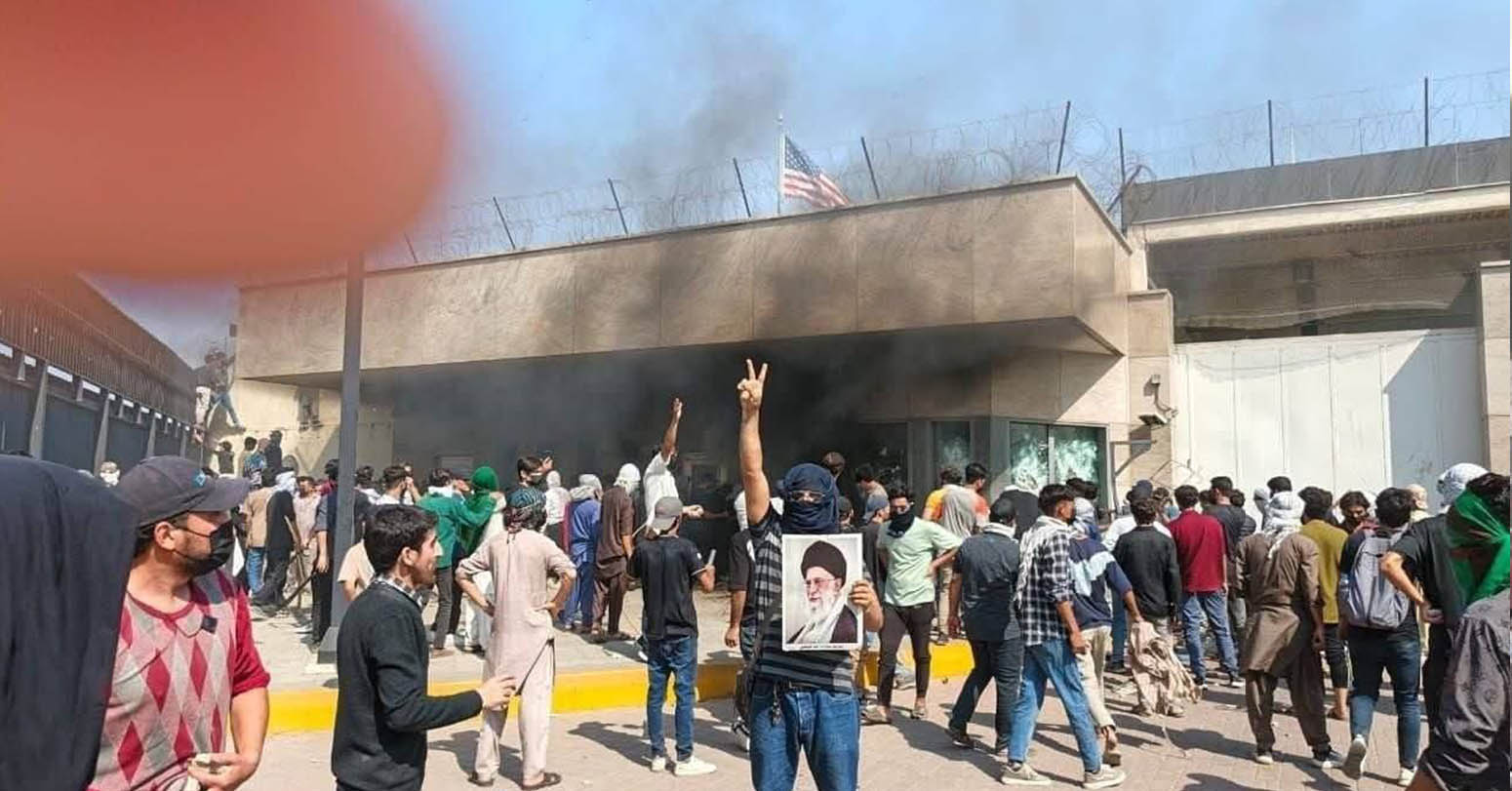

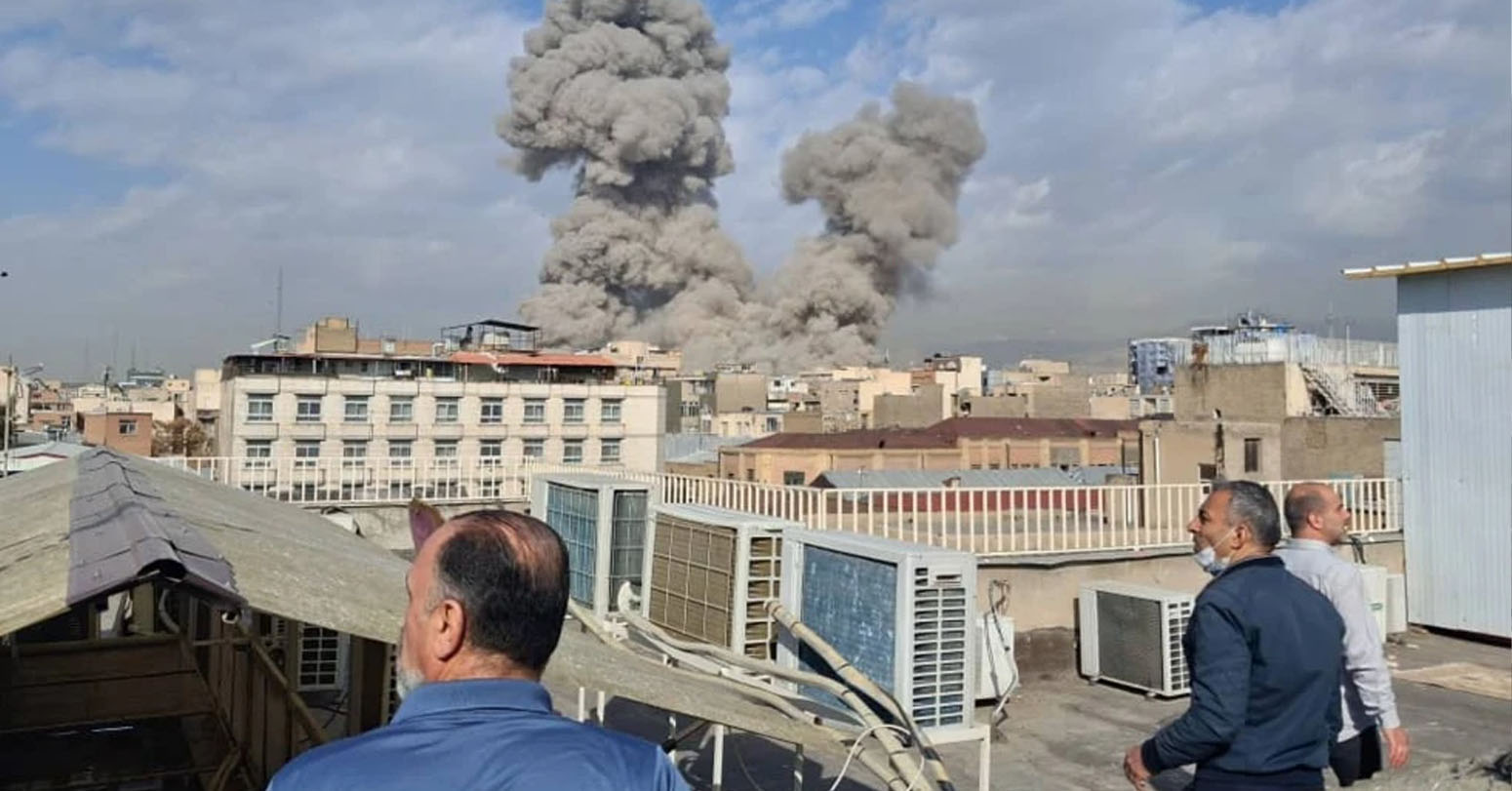
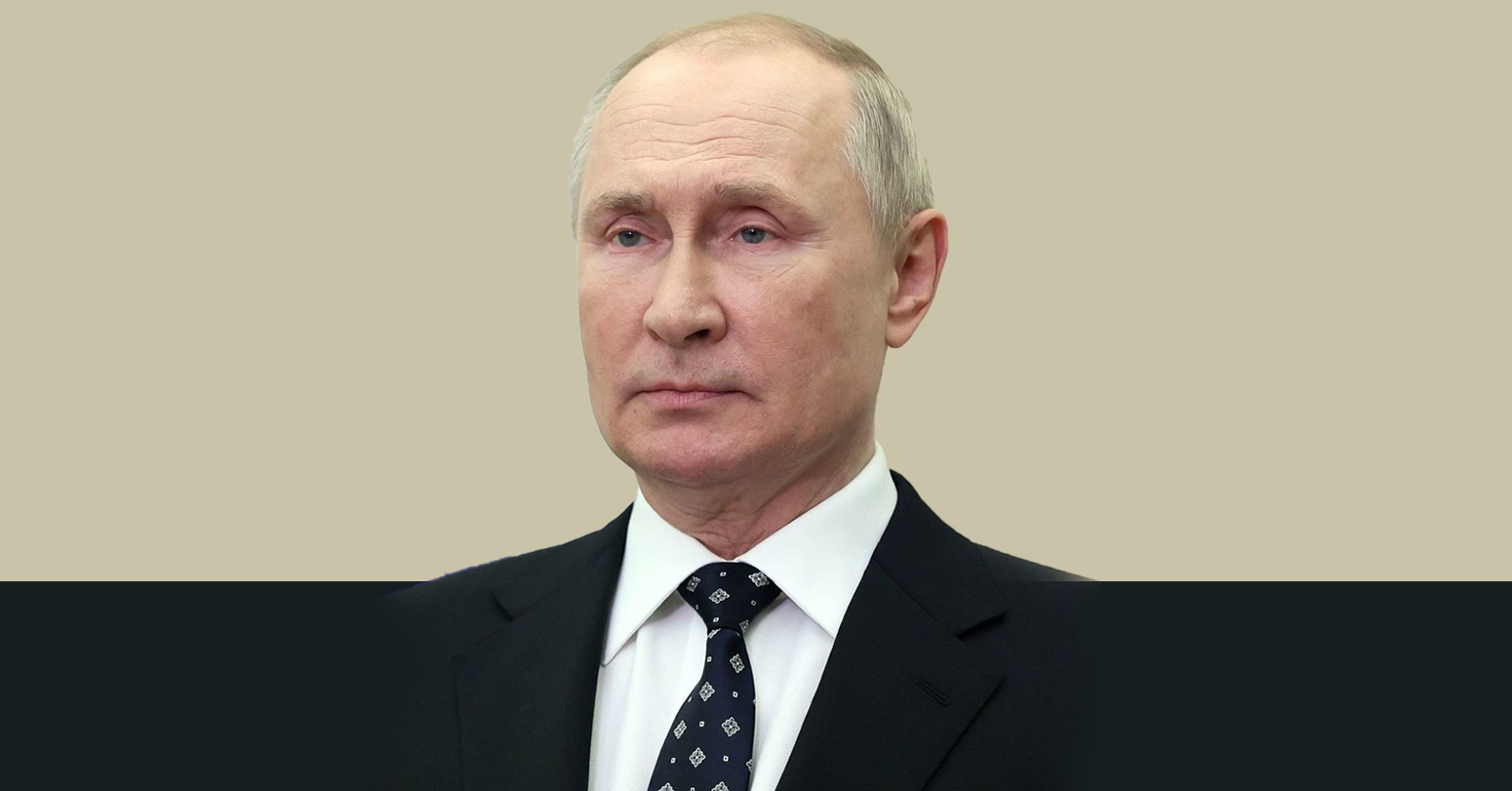
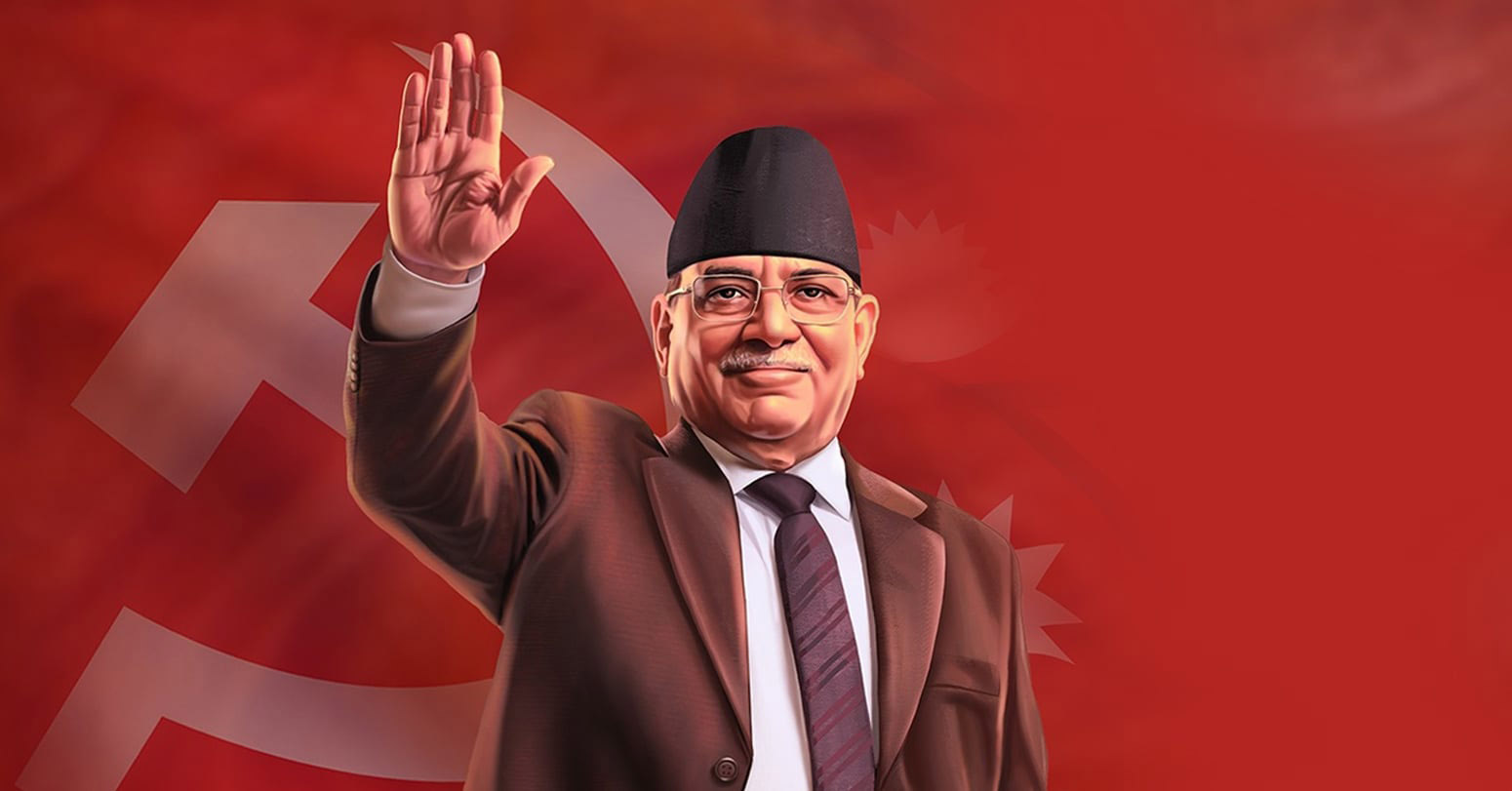
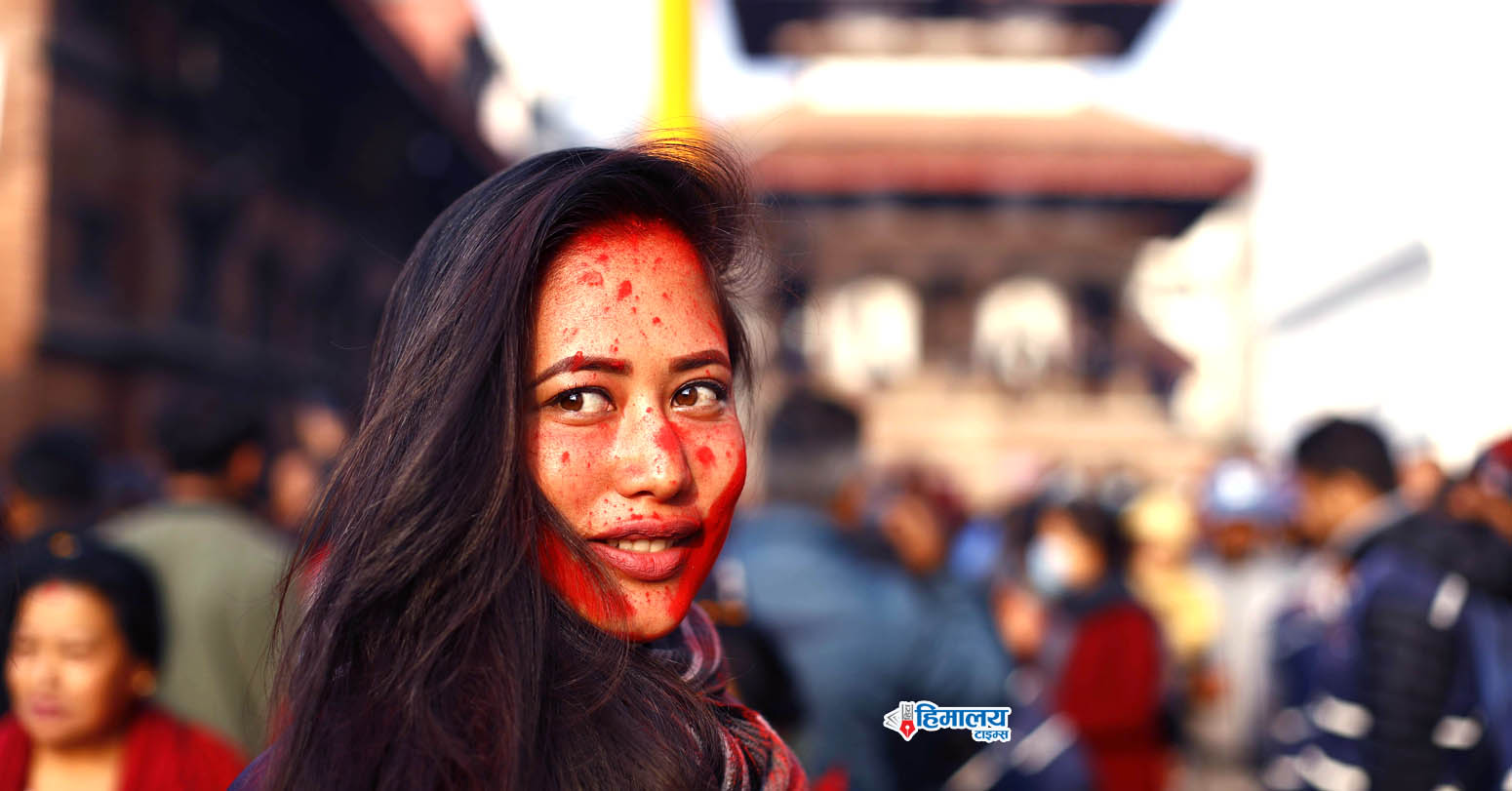
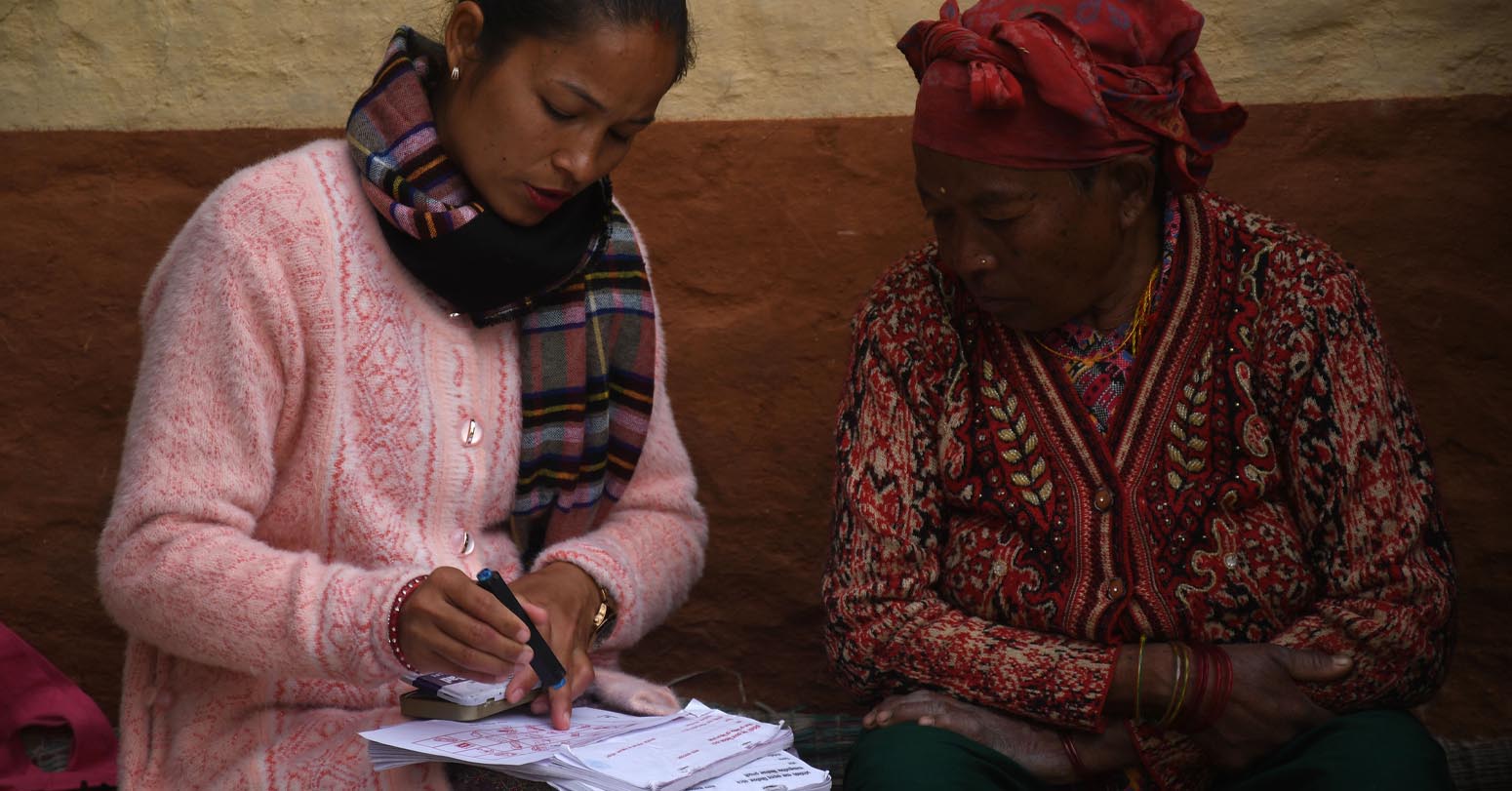
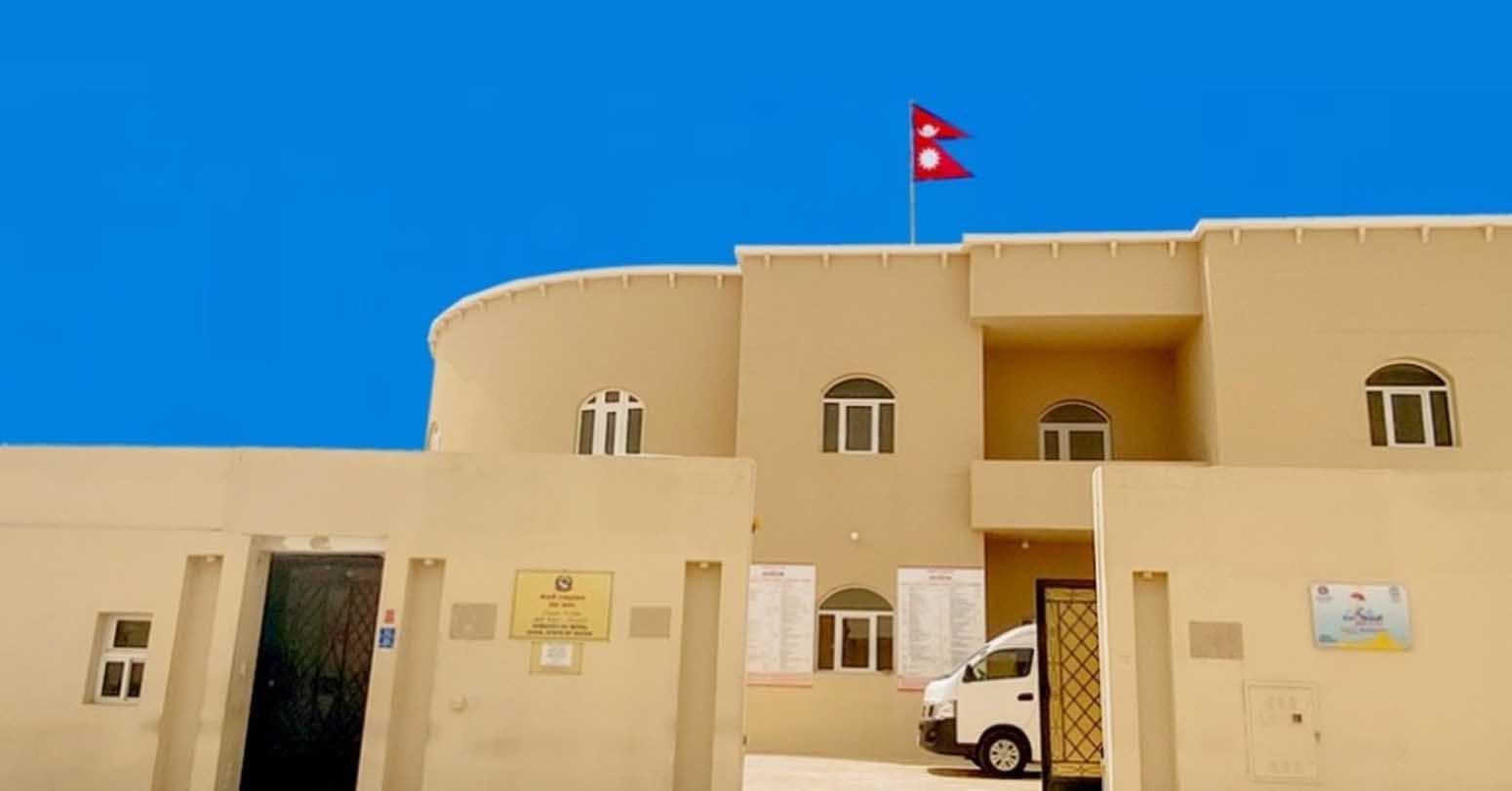

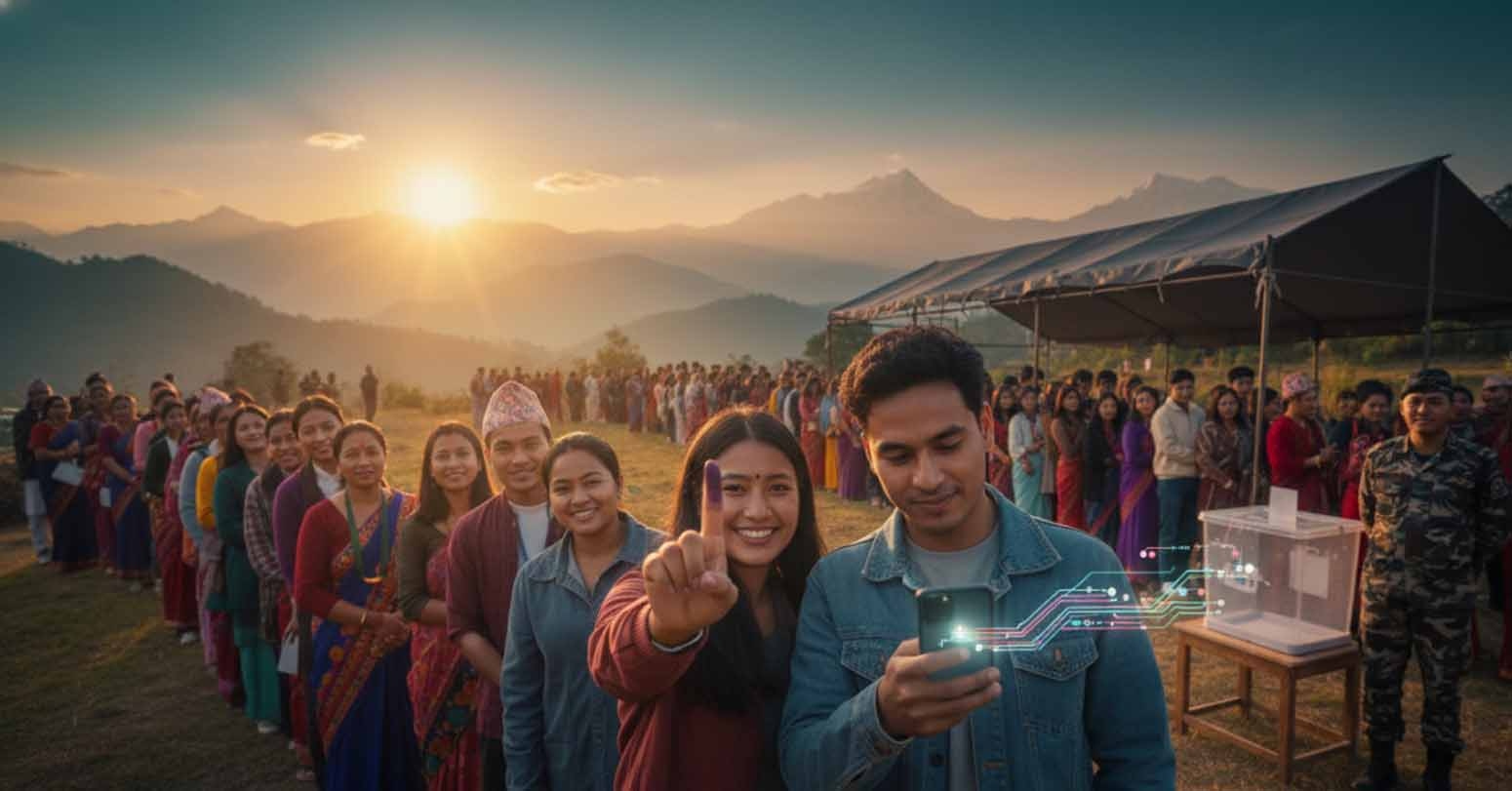

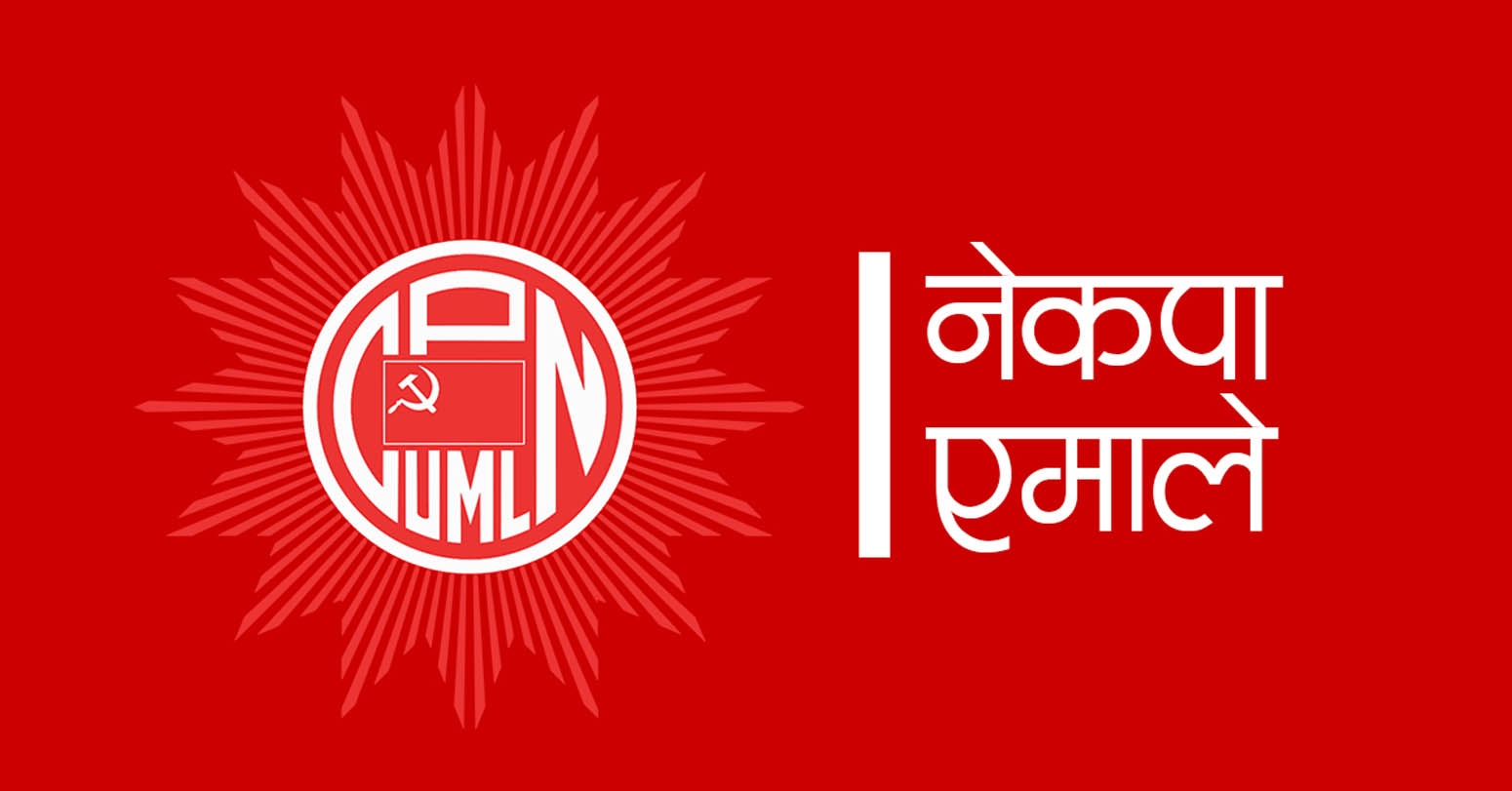
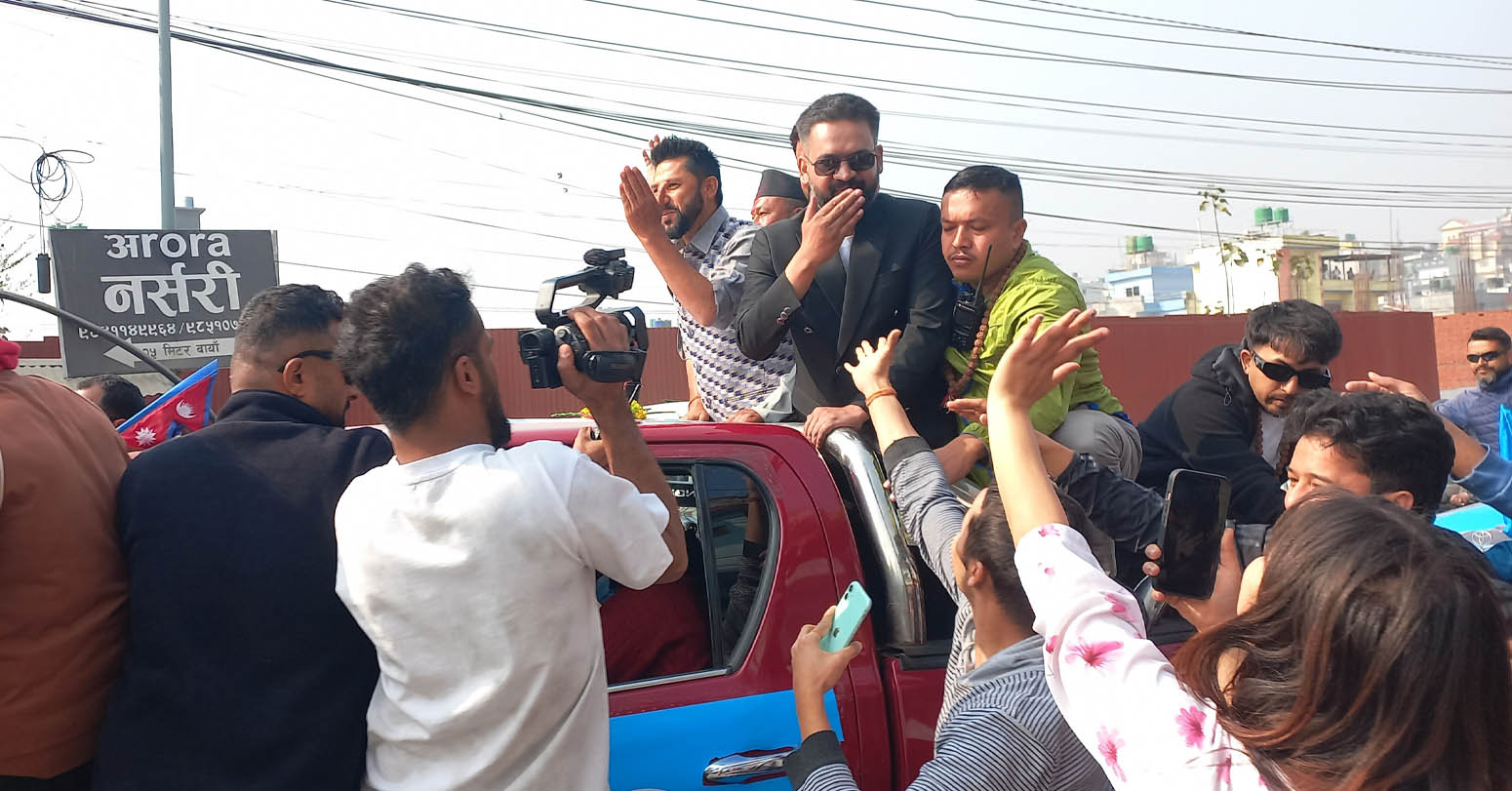

Can I just say what a aid to seek out someone who truly is aware of what theyre speaking about on the internet. You undoubtedly know how to carry a problem to mild and make it important. More folks must learn this and understand this side of the story. I cant imagine youre not more in style because you positively have the gift.